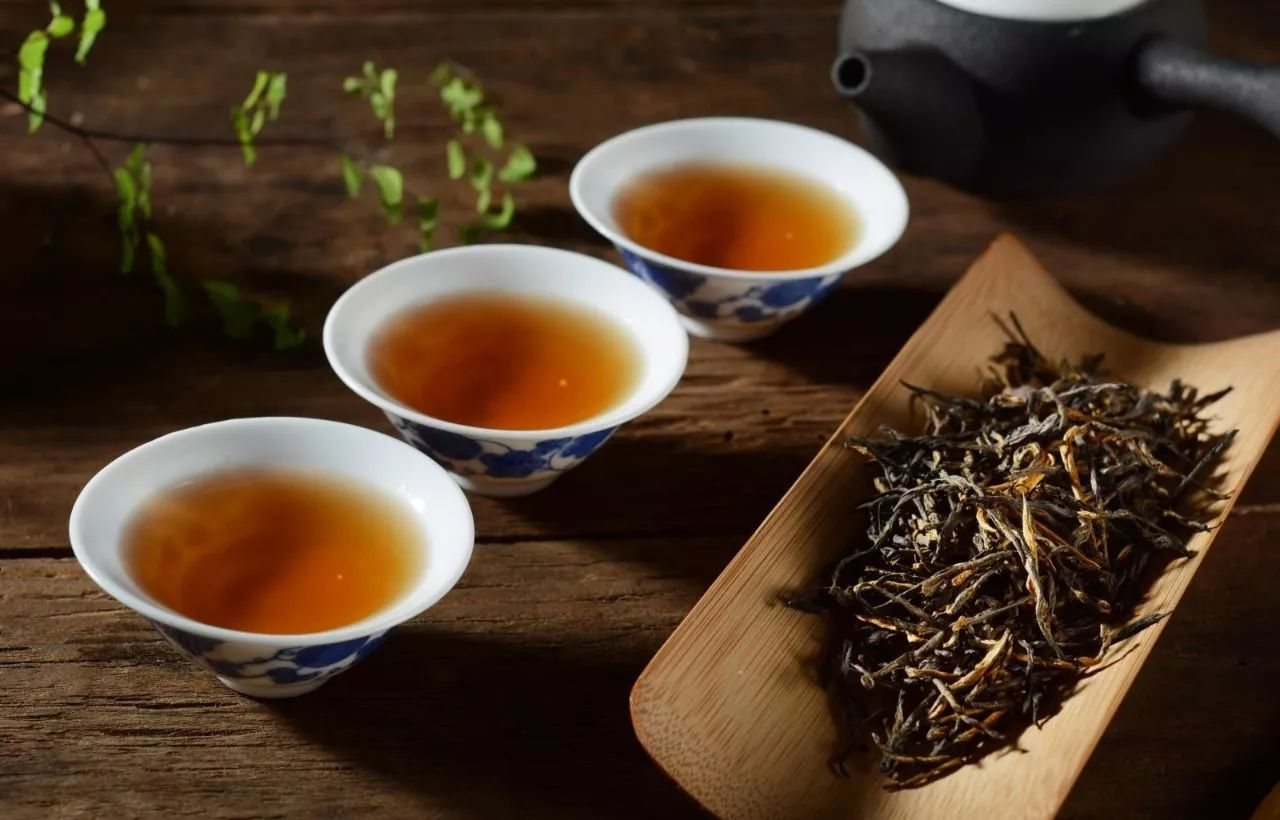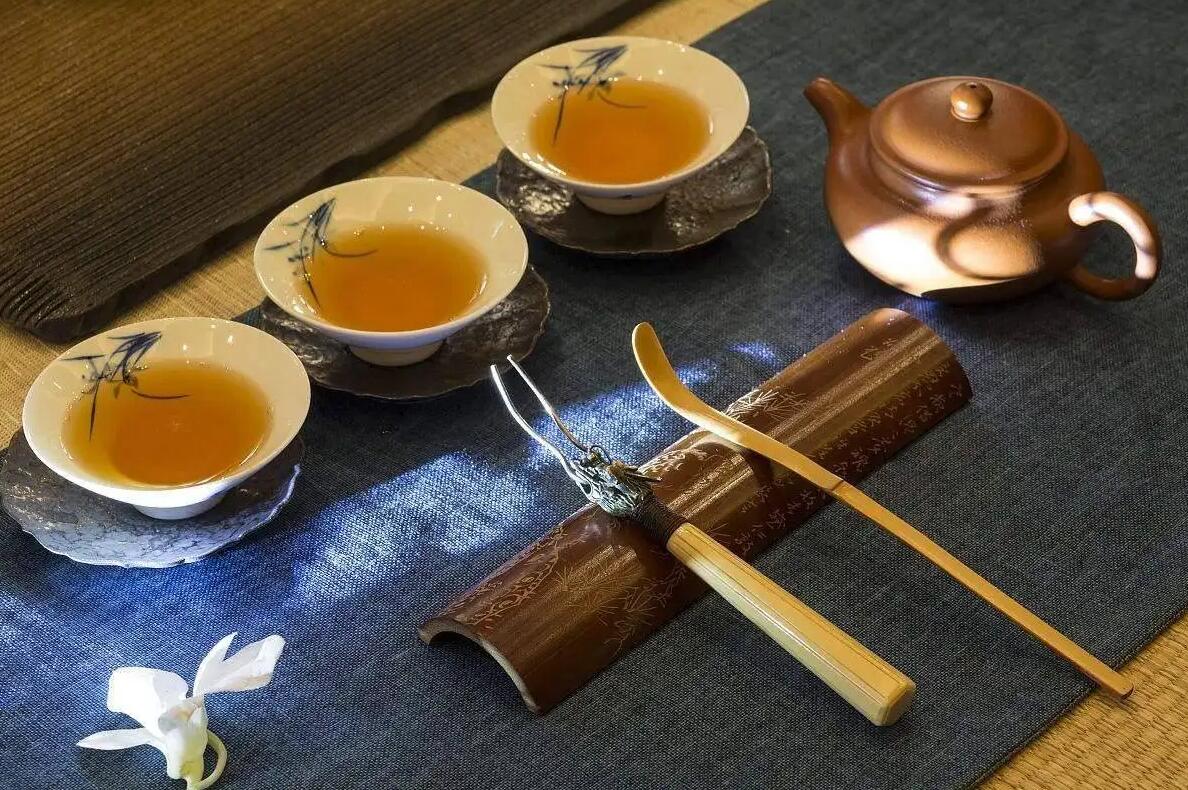The social influence of Chinese tea culture is mainly reflected in Confucian thought, while its aesthetic viewpoint, skills and practical spirit are mainly influenced by Taoist thought.The Taoist School and Taoism are entirely different.
The Taoist school appeared much earlier than Confucian thought. The spirit of Confucian thought focused on administering the society, while Taoist thought stressed the relationship between man and nature. Lao Zi, the founder of Taoist thought, was born in the State of Chu more than 2700 years ago. No one knew how many years he had lived-some people say 200 years, while some even say 600 years. Lao Zi advocated looking at things dialectically, and stressed that people should see the reverse as well as the obverse side of things. For example, when others said firmness was better than softness, he would retort that one's teeth were firm, but they would drop out before he died; while the tongue was soft, it would stick with him throughout his life. When others said substantialness was good he would retort that only empty rooms could hold things, and one had to empty old thoughts out of one's mind before acquiring new knowledge. Zhuang Zi, another Taoist thinker, liked to illustrate truths through vivid fables, using humorous language. Lao Zi and Zhuang Zi both believed that it was the common law of the universe that kept nature and society operating. Therefore, spirit and material, and human and nature could not be separated Chinese tea culture, integrated with tea's natural and material functions and human spirit, absorbed the Taoist spirit. Therefor, while tea culture is mainly applied in a Confucian spirit, the formation of tea culture, actually should mainly be attributed to the contribution made by the Taoist school.



